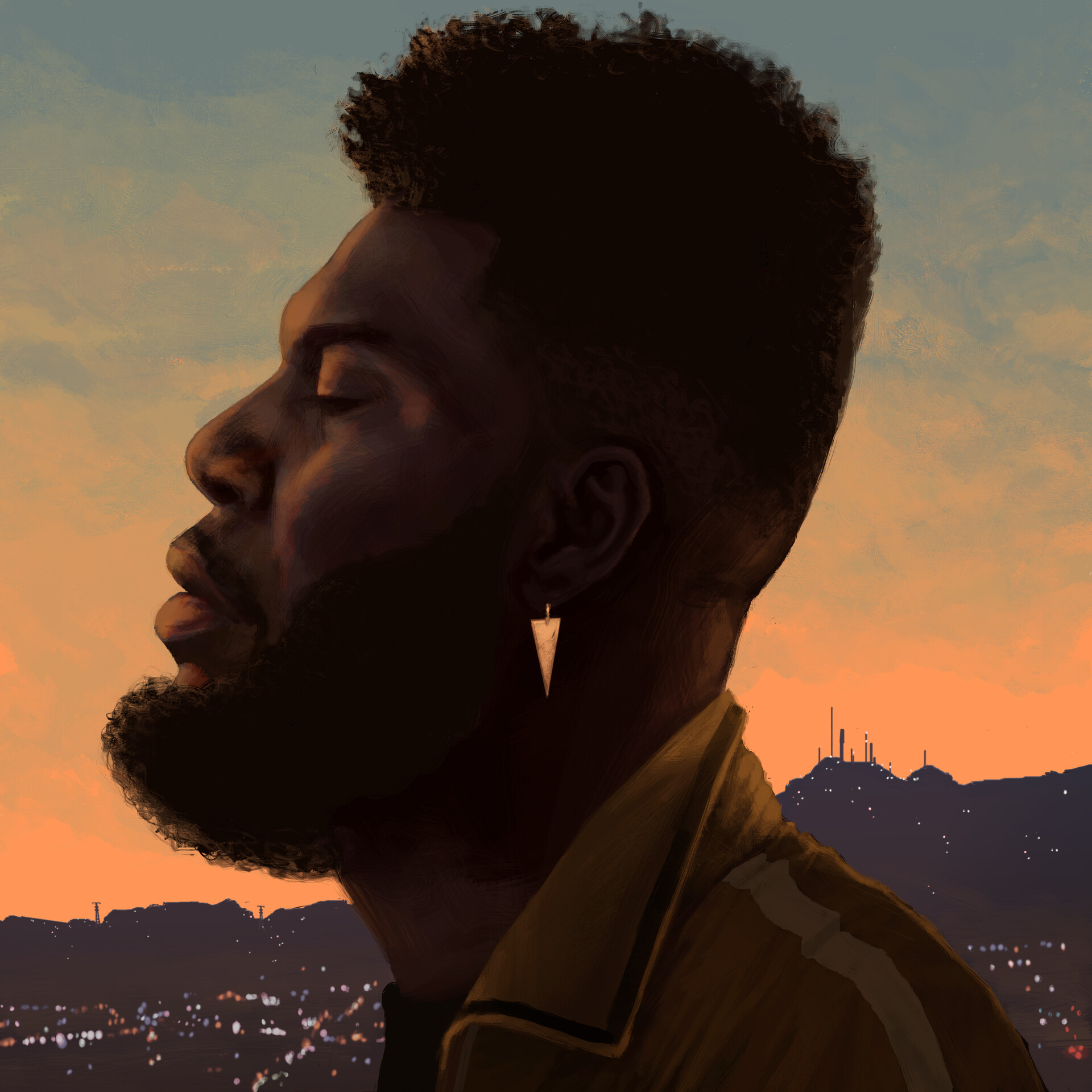

“Saturday Nights” shares the often-overlooked truths of surviving adolescent identity crises. Hitting rock bottom is often an essential step of recovery and liberation alike, and sometimes it takes hitting rock bottom to realize that self-actualization is the rock at the bottom.įinally, the last track on the album serves as a cliché but necessary light at the end of the tunnel. “Though these songs feel very sad, I feel like they have a brighter message.” “I felt like ending it giving people a song they can listen to whenever they’re feeling down, whenever they’re going through something.” Khalid said. Verbiage like “gatekeeper,” “grim reaper” and “I shouldn’t have to die to feel alive” clearly portray life’s lowest valleys. “Alive” and “Heaven” then evoke the darkest emotion of the record with their slow, humble musicality alongside their depressing diction. “So I’ve been making changes / Been workin’ on my health / No more competition / Can’t compete against myself, no, no, no,” Khalid exhales in “Self.” “Cause I’m in love with bad luck / I’m in love with bad luck / Move too close, get caught up,” Khalid chants in the chorus of “Bad Luck” as he defines the boundaries between gaining the freedom - but not yet the luxuries - of adulthood. Later, the intense synth in both songs conveys the sharp turn of events that people experience as a result of discovering their free spirit.

The wistful lyricism and quaint ending of “Intro” prepare the audience for the succeeding tracks, “Bad Luck” and “My Bad.” Right off the bat, “Bad Luck” introduces a somewhat melancholic tone, with its contemplative electric guitar solo. Khalid was not lying when he said that the music “washes over you.” As the introduction’s lightweight production floods your ears, it feels like you’re about to be taken on a trip of transcendence. His decision to allow the audience to hypothetically name the song mirrors the theme of the album: the mind’s capacity to exercise a free spirit. “It’s so cinematic and it washes over you … People have to hear this first.” “I wanted people to find their own name for this song and what it means to them,” Khalid said in an interview with Beats 1. Instead of the typical, quick-to-climax intros that are common on many modern records, Khalid chose to make “Intro” a three-and-a-half minute, full-length song.




 0 kommentar(er)
0 kommentar(er)
